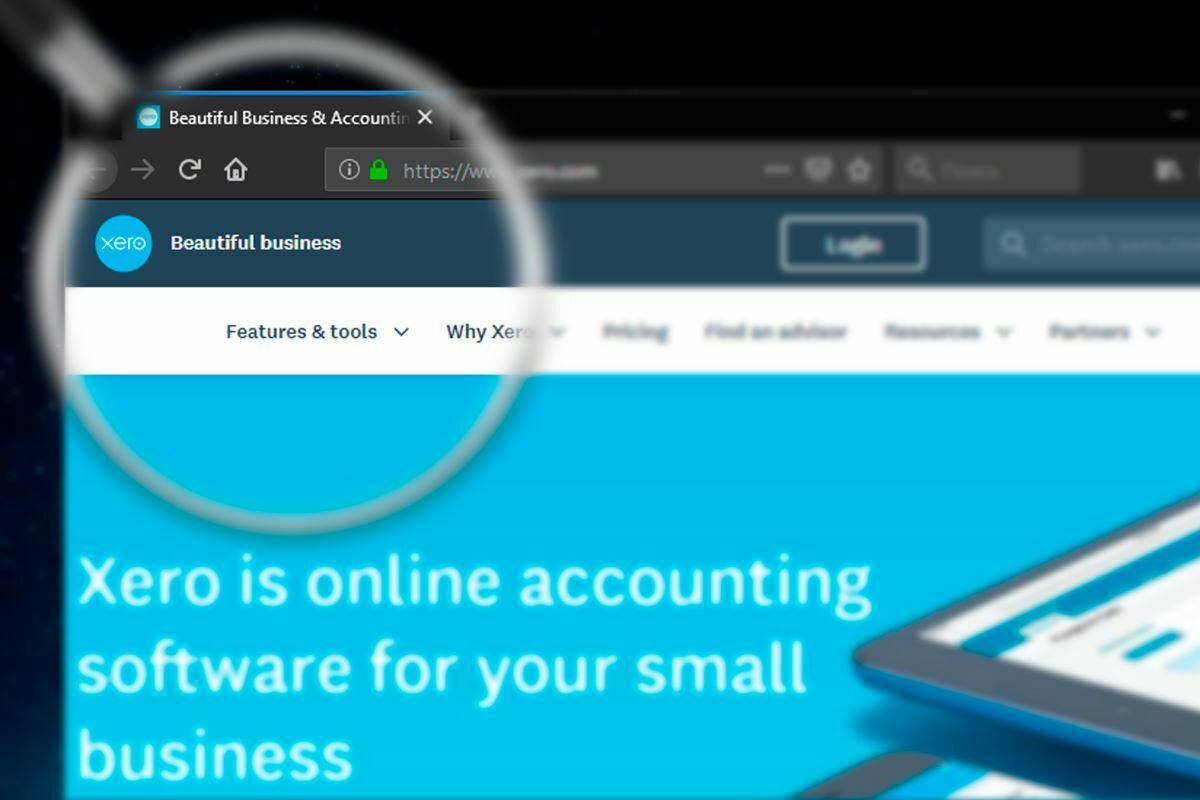
The importance of business development
The importance of business development
Business development is one of the most important areas of focus for any ambitious business.
If you want your business to grow, that’s going to mean having a razor-sharp focus on new opportunities and strategies.
That could mean exploring new markets, or nurturing new partnerships. It might mean diversifying to create new revenue streams, or coming up with new ideas to boost your profitability.
Ultimately, good business development comes down to having good ideas – ideas that broaden your reach, sales, revenues and external relationships.
As the founder or CEO, it's important to put business development at the top of your to-do list.
Put time aside for business development
Business opportunities don’t just appear out of thin air (sadly). To come up with an opportunity for a business partnership, or to bring in a big new client, you’re going to have to do some serious work. So, it’s a good idea to put business development (BD) time aside in your diary.
By blocking out time to devote to BD, you can step away from the everyday operational tasks and get into a more creative and objective mindset.
- Where do you want the business to be in 6 months?
- What do you need to do to achieve this goal?
- Are there relationships you could build to bring this plan to life?
Asking these questions and getting a more concrete idea of the answers will form the basis for your BD plan – and that’s the route map you can then follow.
Work on your BD plan and strategy
Once you have some positive BD ideas to work with, it’s important to get your goals and your strategy down into some form of plan. As with any kind of growth initiative, your BD activity needs to be well planned, so you have a clear idea of what you want to achieve.
Give each new strategic idea a clear timeline and assign jobs, activities and roles to the relevant people in the team. Cost out each project too, and assign a budget so you can be sure that you’re getting the best return on your investment (both financially and from a time perspective).
Most importantly, though, track your progress against your BD goals. Agree on a target, set a date and measure your progress and performance against that timeline.
Build relationships with potential partners and customers
Relationships lie at the heart of your BD activity.
You might be getting to know the executive team at a possible new partner’s company. Or you may be reaching out to a new customer audience with a brand-new product.
Getting to understand what makes these people tick is so important to warming them up as a potential partner, customer or supplier.
Trust is the real key here.
People are more likely to engage with your business when they trust you as people and as a brand. So, spending time nurturing relationships and networking with other businesspeople and targets is time well spent.
Record, track and analyse your BD performance
With your goals, targets and timelines locked in, you’re ready to start putting this BD plan into action.
But to know if you’re making headway, it’s a good idea to track your performance.
If you’re using project management software or a client relationship management (CRM) app, it’s easy to add notes, record your progress and tick off the key actions in the project.
You can put the financial reporting tools in your accounting software to good use. Track cashflow for the project, increases in revenue and monitor your sales and marketing expenses etc.
Get ambitious with your BD ideas
No business stands still. Your aims and goals as the owner will change. Your market will evolve and new competitors will appear. Economic conditions and business opportunities will change.
To keep your business at the cutting edge, it’s vital to keep your BD focus alive and well.
Remember to:
- Define your goals and make it clear what you want the business to achieve
- Align your BD activity with the company’s main growth plan
- Log your ideas and potential opportunities and add them to your BD plan
- Warm up your targets and potential partners and keep notes on your progress
- Track your BD performance against your targets, budgets, revenues and timelines
- Keep revisiting your plan and flexing your BD activity to the current market.
If you want to expand your business development activity, get in touch with us. We’ll help you integrate the appropriate apps to support your business development.







